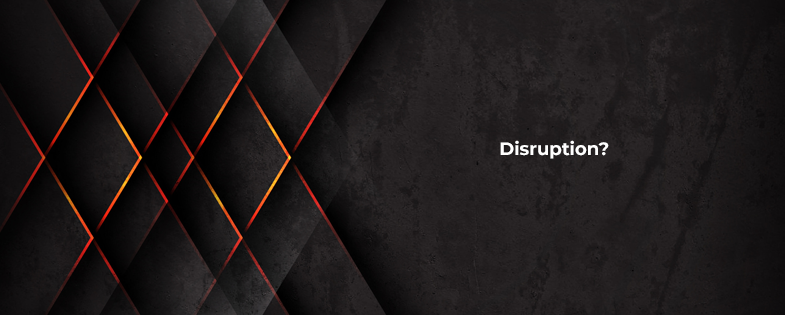

Why Smart Jewelry Isn’t Transforming the Jewelry Industry (And What Is)
by Charles Pobee-Mensah, Director of Digital Marketing
When the Apple Watch was unveiled, any retail jeweler selling watches had to have taken notice. Does this mean something or nothing?
However, it would have been easy to overlook how this new frontier could have affected the rest of their jewelry business. Smart jewelry is here and its presence is growing.
Smart Jewelry Is Here To Stay
Smartwatches are just one type of wearable technology in an ever-expanding category. As technology continues to become smaller and more ubiquitous, jewelry will continually be seen as a platform for tech.
Companies like Ringly and Oura are already making smart jewelry. Ringly’s rings and bracelets can let you know when notifications come to your phone and track your activity throughout the day. This is helpful, but it might not be a game changer.
The true breakthrough for wearable technology could be in measuring our vital signs. The Apple watch has already broken ground with this. If we get to a point where doctors are recommending wearable technology as a matter of health, the market for varieties and styles could explode. Women especially would be looking for the sleekest and least intrusive way to adopt the new technology. Jewelry is a great answer.
What Smart Jewelry Can’t Do
Smart jewelry still isn’t practical for fashion and longevity—two things fine jewelry excels at. Every year, technology improves and people are encouraged to get the latest version. Also, people rarely have multiples of any one type of tech device. It’s typically unnecessary. In fashion, however, it important to have options.
For that reason, smart jewelry probably won’t ever replace fine jewelry. But it most certainly will live alongside it. It’s also more likely that the design of fine jewelry will influence the design of smart jewelry, rather than the other way around. Wearable technology, after all, is simply trying to insert tech into the types of things we already wear.
What IS Transforming The Jewelry Industry Now
Just because smart jewelry isn’t replacing fine jewelry any time soon doesn’t mean that things aren’t shaken up. While Blue Nile, lab-grown diamonds, and Amazon have all changed the landscape, they are all old news at this point. The fresher faces are companies like Mejuri, who recently raised $23 million in a series B round of funding.
Mejuri is
- direct to consumer
- inexpensive
- popular on social media
- in tune with the millennial zeitgeist
All the things that traditional retailers are not. And Mejuri still has most of the other pros that fine jewelry has over new tech like smart jewelry. The success of Mejuri proves that millennials aren’t “uninterested” in fine jewelry. They simply want it on their terms.
How to Compete
Of the advantages that companies like Mejuri have, the most important one is their understanding of their customer. This is the bedrock of their brand and certainly at the core of important business decisions that they make.
However, that type of knowledge and understanding isn’t reserved for tech startups and media darlings. It’s at the heart of good business. It drives differentiation and adaptation. Social media, brand positioning, and inventory decisions are all tools that retail jewelers can use today and can base on their knowledge of their customers. Retail jewelers who understand this are having success despite changes in the jewelry industry’s landscape. Do you want to work with an agency experienced in helping jewelers successfully navigate changes in the jewelry industry? Email us at suits@fruchtman.com.




